|
Picture it. Arlington, Virginia 2014. A group of talented and resourceful educators converge on the ASCD Leaders to Leaders Conference. The attendees are a who's who's consisting of Emerging Leaders, Affiliate Groups, and other ASCD members. Collaboration and networking is bursting at the seams. Best practice initiatives are developed and pitched. Hashtags, tweets, and other tech tools are utilized to gain insight and feedback. The sharing is contagious and motivates everyone to bring all of the ideas shared to their schools. Friendships are developed that will last a lifetime. A Voxer group is formed to extend the conversations from the conference.
1 Comment
This past week #Satchat extended it's Twitter conversation to a mobile app called Voxer. It has been an amazing experience for participants who are now able to share their insight through voice messages. Once downloaded on your mobile device, Voxer enables users to hold individual or group chats in real time or at their own pace. In terms of professional growth, over 75 educators from around the world have shared their perspectives and insight on a plethora of topics. More specifically this week our group is discussing the trials and tribulations of being a new school leader. Educators from all walks of life including teachers, vice principals, principals, supervisors, superintendents, and other stakeholders have provided tremendous guidance. The great thing about this experience is that participants, including myself, can hear the emotion that others bring to the discussion. It's one thing to read a tweet and a whole other thing to listen to someone speak to a particular topic.. That's why Voxer is so unique. Users can listen and learn on the own time, whether it's in their car or during a lunch break. Need to have a more specific conversation based on something that was brought up in a particular group chat? No problem. Send a direct voice or text message to that person within the application. Pictures, links, and other resources can be shared during a conversation as well. Are you intrigued by this whole Voxer rage in the educational community? Send me a direct message on Twitter or via email with your Voxer handle and I will add you to the #Satchat group. Or better yet, try starting your own group. The options are many as it relates to the impact Voxer can have in the school setting. For example, it could be used as an assessment tool or during a time of crisis to communicate with staff. Currently I am apart of a Voxer book chat on digital leadership and participate in a administrator group that shares best practices. Over the past few weeks I have recommended Voxer to some of my PLN members from around the country. Although at first hesitant to see the true value of this web tool, their minds quickly changed after conversing with other like-minded educators. So what do say? Take that leap into the Voxer world and see your professional growth be stimulated in a way once thought unimaginable.  Photo Credit: searchfactory.com Photo Credit: searchfactory.com This past week I was able to attend a Google ReBoot Conference in a neighboring school district. Thanks to Erica Hartman for the invite and a tremendous keynote by Google Classroom creator Jonathan Rochelle. Just when you think you know it all, you learn something new that gets your creative juices flowing again. Below you will find twelve resources that I found out about at the conference. Enjoy! Google Classroom More teaching and less tech-ing. Awesome ScreenShot Spectacular tool to flip classroom instruction. ReadWrite ~ Easy to use Google Extension for struggling learners. Turnitin.com ~ Great way to grade digitally. PearDeck Plan and build interactive lessons. This was my favorite tool of the day! WeVideo Capture, edit, and share videos on any device. EasyBib Free bibliography generator. Digital Drivers Licence This is a digital citizenship course all students should take. Google Class Calendar Take free online courses on how Google Calendar can make your classroom more efficient for everyone. Citelighter: Bring research, writing, and organization to one place. Snag It (Screen Captures or Videos). SpeakIt! Chrome Extension: Reads online text to students. 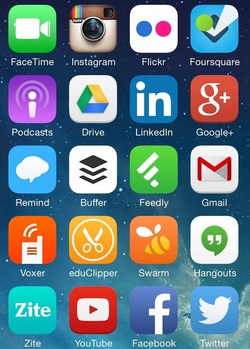 Screenshot of my iPhone screen. Screenshot of my iPhone screen. That's right. You read the title of this blog post correctly. I write on my iPhone and proud of it! I purchased my iPhone almost a year ago and it has changed my professional life for the better. In September my book titled All Hands on Deck: Tools for Connecting Educators, Parents, and Communities will be released by Corwin Press. I would say that about 75% of the book was composed on my iPhone. How you might ask? I utilized the Google Drive app, in particular Google Docs. Anytime that an idea came to mind I would simple tap on the on app, open up the chapter I was working on at the time and type out my thoughts. For me it was such a low stress process and a much better alternative than having to set aside time to sit down at my computer and really work at writing my book. I take on the same approach when composing my blog posts. I wish had a mobile device when I was in school. There is no doubt that I would of done much better as a student if were able to write and read when I wanted and how I wanted. So what does this say about the current state of education and how students develop their literacy skills? Is it appropriate to not allow students access to their own mobile devices if that's what they are most comfortable with? Why can't students collaborate on Google Drive, write blogs, read content, and complete assignments on their SmartPhones? I know, it's all about real world application right? Well, as a school administrator I am responsible for responding to emails, reading documents, creating resources, and staying top of my professional growth. And how do I accomplish this? Mostly with my iPhone. Do I not work in the real world? So why are we preventing students from utilizing these devices to show what they know? Beats me. The bottom line is this: Educators, including myself, need to remember that it's not about us. It's about the kids. If they are more comfortable writing and reading on a mobile device, then let them. Forcing students to learn they way we did is just completely wrong. Looking for ideas and best practice iPhone resources for the school setting? Check Jerry Blumengarten's (aka Cybraryman's) iPhone webpage. |
Archives
May 2020
Categories
All
|
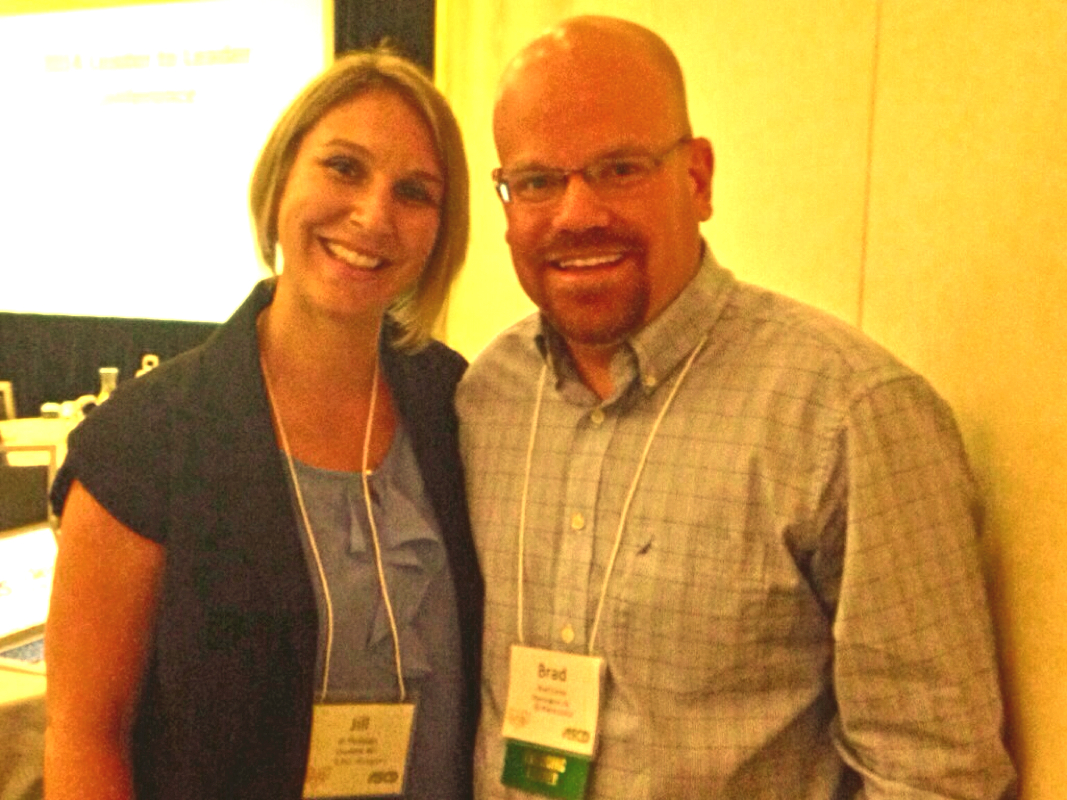
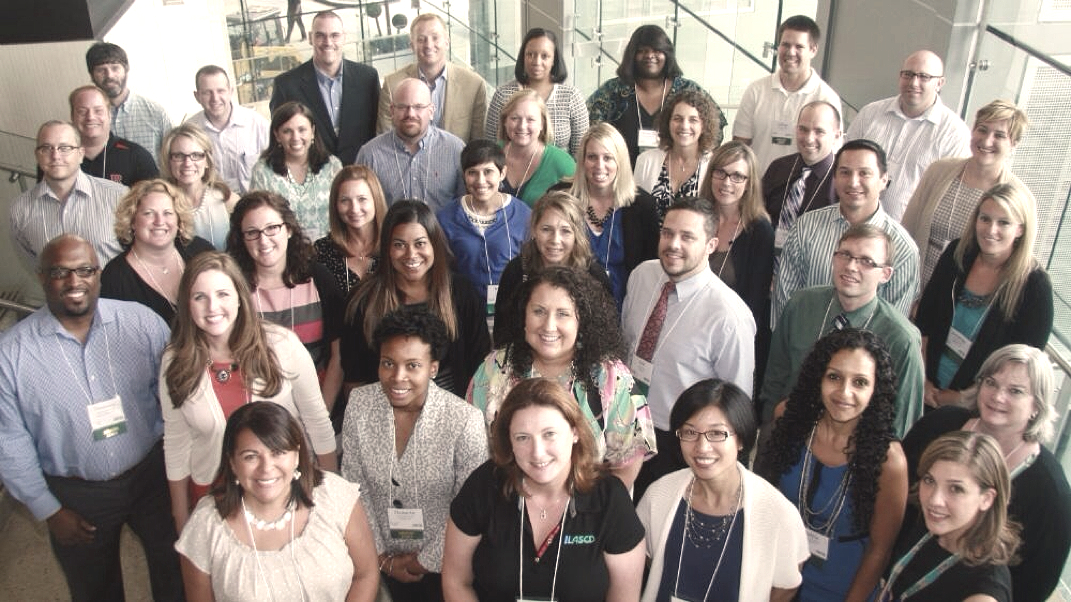
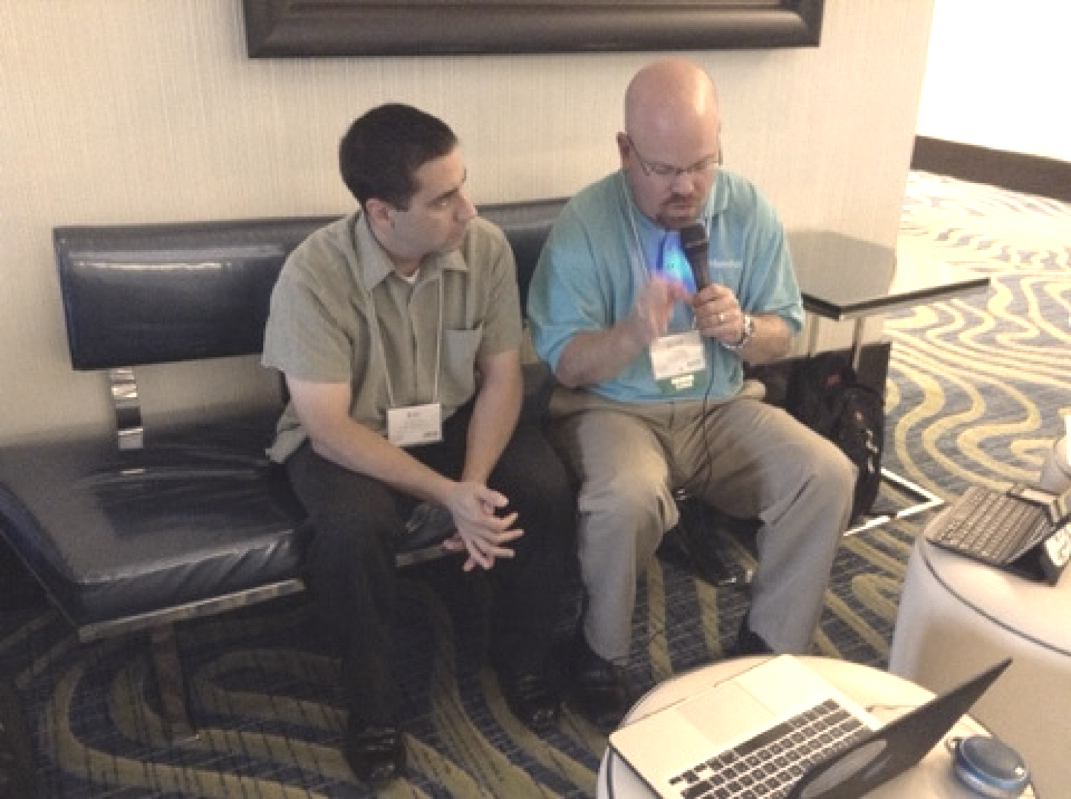



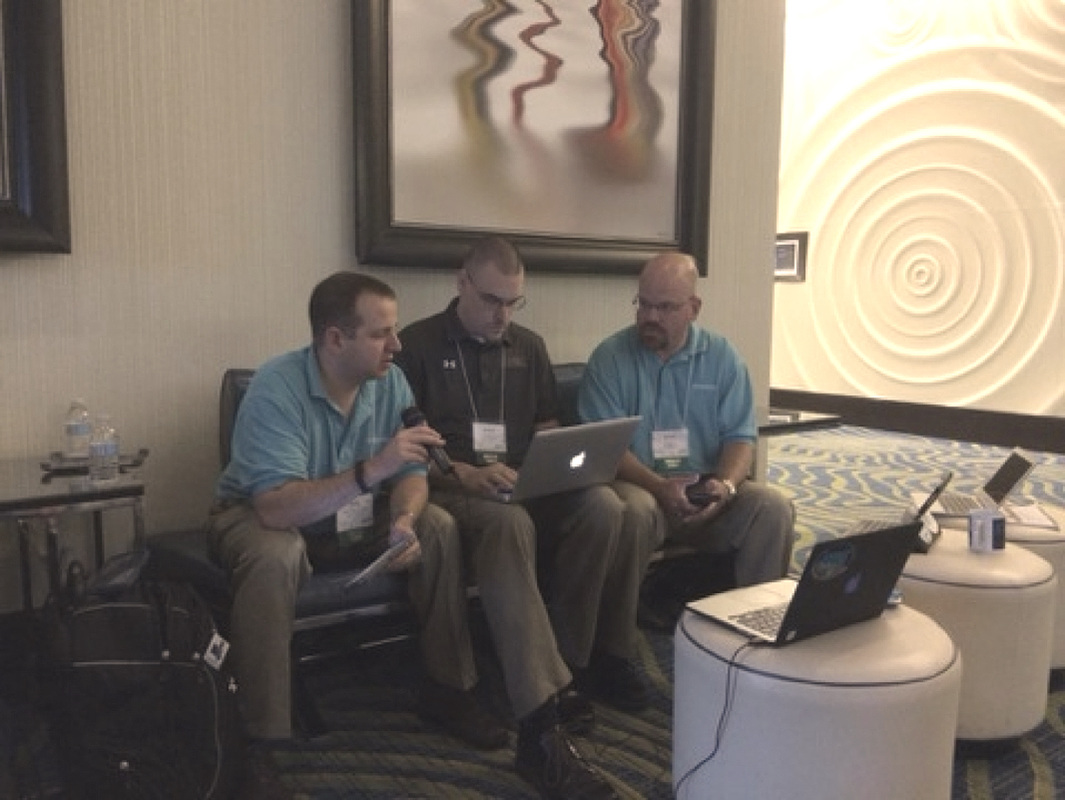

 RSS Feed
RSS Feed
